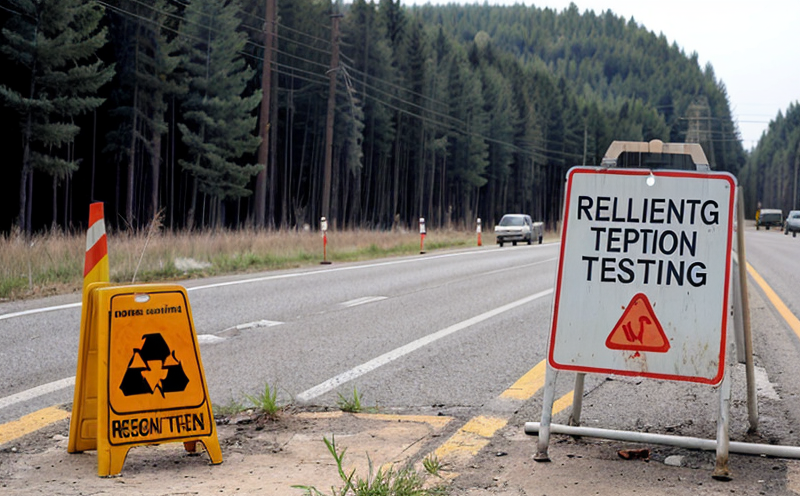ISO 18589-14 Radiological Measurement of Food Crops and Plants
The ISO 18589-14 standard provides a framework for the radiological measurement of food crops and plants, ensuring that these products are safe from harmful levels of radiation. This international standard is crucial in maintaining food safety standards across various sectors including agriculture, food processing, and quality assurance.
The testing process involves several critical steps aimed at identifying and quantifying radioactive isotopes present within the food matrix. These isotopes can originate from natural sources or accidental contamination during production processes. The primary goal of this service is to ensure that any detected levels are below the specified limits set by regulatory bodies like the World Health Organization (WHO) and Food and Agriculture Organization (FAO).
Our laboratory adheres strictly to ISO 18589-14 guidelines, utilizing advanced analytical techniques such as gamma spectrometry and alpha/beta particle counting. The equipment used for this purpose includes state-of-the-art HPGe detectors calibrated against national standards. Specimens are prepared according to detailed protocols provided in the ISO document itself.
Once analyzed, results from our lab can be relied upon by clients who require independent verification of compliance with international regulations governing food irradiation and natural background radiation exposure levels.
The importance of this testing cannot be overstated; it plays a vital role in safeguarding public health while also supporting sustainable agricultural practices. By detecting even trace amounts of radioactive materials, we help prevent potential contamination issues that could compromise the integrity of crops and plants destined for human consumption or animal feed.
Our service goes beyond mere compliance; our team works closely with clients to develop comprehensive strategies designed to minimize risks associated with radiological contamination. Through continuous monitoring and proactive measures, we contribute significantly towards ensuring food safety standards worldwide.
Why Choose This Test
Selecting ISO 18589-14 Radiological Measurement of Food Crops and Plants is essential for maintaining stringent quality control measures in agricultural operations. Here are some key reasons why choosing this service can benefit your organization:
- Compliance Assurance: Our testing aligns with international standards, ensuring that you meet regulatory requirements imposed by governing bodies.
- Risk Management: By identifying potential sources of contamination early on, we assist in minimizing operational risks and protecting brand reputation.
- Data Transparency: Clients receive detailed reports outlining all findings, providing clear insights into the radiological status of their products.
- Sustainability Focus: This service supports sustainable agricultural practices by helping producers maintain environmental stewardship standards.
International Acceptance and Recognition
The ISO 18589-14 radiological measurement standard has gained widespread recognition among regulatory authorities worldwide. Its adoption ensures consistent methodologies across different countries, facilitating easier trade between nations.
Regulatory bodies such as the European Commission (EC), United States Department of Agriculture (USDA), and others have endorsed this standard due to its robustness and reliability in detecting radioactive contaminants within food crops and plants.
Adopting ISO 18589-14 not only enhances your organization's reputation but also opens up new markets where compliance with international standards is a prerequisite for entry. This service demonstrates commitment to global best practices, thereby fostering trust among consumers and stakeholders alike.
Environmental and Sustainability Contributions
- Promoting Safe Consumption: Ensuring that food crops are free from harmful levels of radiation contributes to healthier populations globally.
- Sustaining Agricultural Practices: By preventing contamination incidents, this service supports sustainable farming methods and protects natural resources.
- Reducing Waste: Early detection allows for corrective actions before crops become unsalable or waste, thus optimizing resource utilization.





